EXPRESSING PERSONAL AND GROUP ROUTINE /HABITS
Every person or group of people who stay together (school) has daily routine or activity. This can be expressed by different works, everyday, often, usually, daily, every month.
Usually action is expressed in present simple tense or habitual aspect. The social area/ focus is on the following.
EXPRESSING PERSONAL AND GROUP ROUTINE /HABITS
BREAK TIME
At 10:00 A.M break starts. We go out for a break of 30 minutes. During break time, I drink tea with some snacks. At 10:30 A.m. I go back to class. Classes end at 2:00 p.m.After classes I go home at 2:45 P.M. I eat lunch.
Exercise As a student’s what is your Daily Routine?
Vocabulary Take a shower – wash the whole body
Attendance – counting people
Supper – food eaten at the right (a right meal)
Structure
Prepositions
“ON” –is used with days and dates
Examples
– I go to church on Sundays.
– I go to the Mosque on Friday
– I was born on 03 rd May 1978
“AT” –is used with exact time
Examples:
– He come at six o’clock
– We traveled at night
– The lesson starts at 8:00 am.
“IN” –is used with parts of the day, months and years
Examples:
– He came in the evening
– School will be closed in December
– He was born in 2009
EXPRESSING PERSONAL AND GROUP ROUTINE /HABITS
Asking questions.
We can also ask questions using does, do
Note:
Does –is for singular nouns and pronouns
Do –is for plural nouns and pronouns.
Examples:
(i) Does she speak English?
(ii) Does he come to school late?
(iii) Does she smoke?
(iv) Do they speak English?
(v) Do they come to school late?
(vi) Do we have to write our names?
EXPRESSING PERSONAL AND GROUP ROUTINE /HABITS
Exercise
Make question using does and do
- Does …………………………..?
- Does …………………………..?
- Do ….…………………………..?
- Do ….…………………………..?
EXPRESSING PERSONAL AND GROUP ROUTINE /HABITS
Dictionary
It is a kind of a book or reference that containing words of a language, arranged alphabetically and showing class and uses. We often use a dictionary to look up a word.
EXPRESSING PERSONAL AND GROUP ROUTINE /HABITS
We do this when we do not know what the word means. Dictionaries are organised to help us look up word easily
Importance of Dictionary book
- Gives meaning of words
- Shows words of the same meaning
- Shows words which mean the opposite
- Show the classes of word (verb, nouns, objectives)
- Show how words are used
- Show how words are made
- Show how words are pronounced.




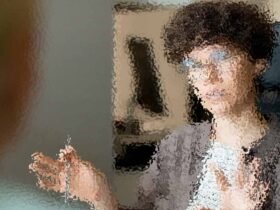

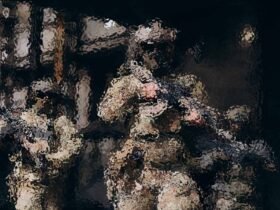
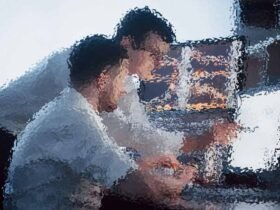
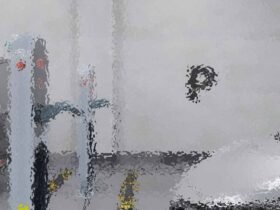


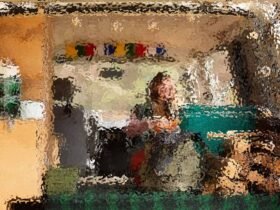




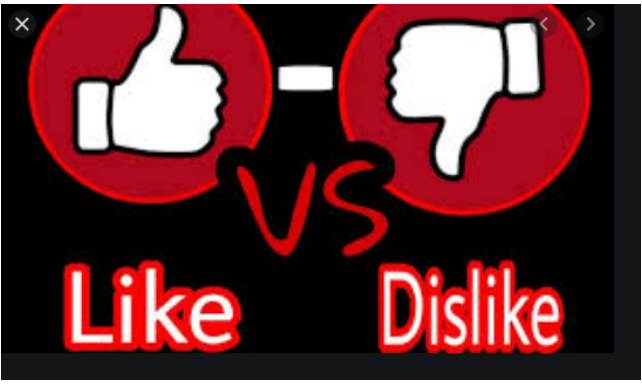



Leave a Reply